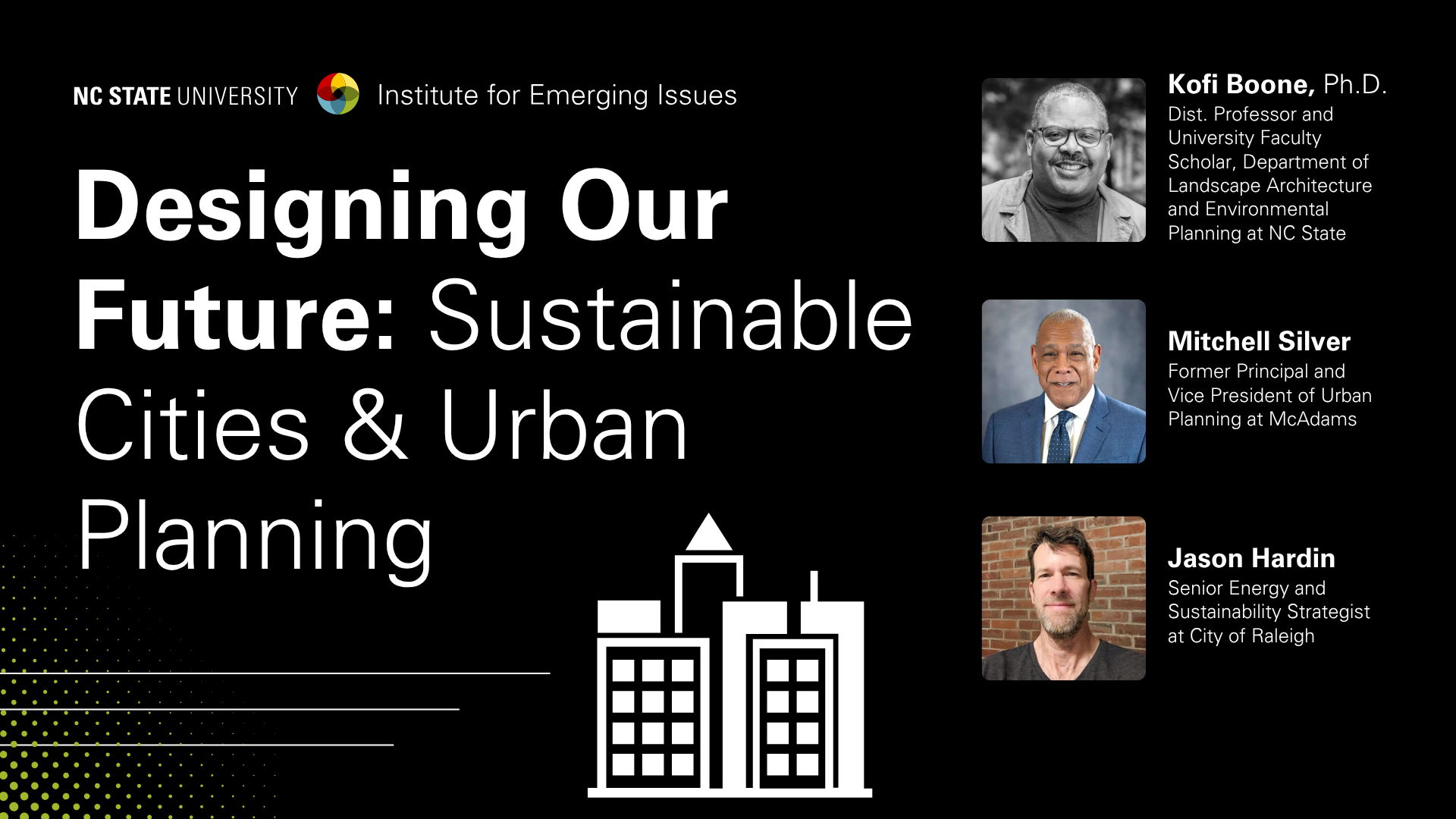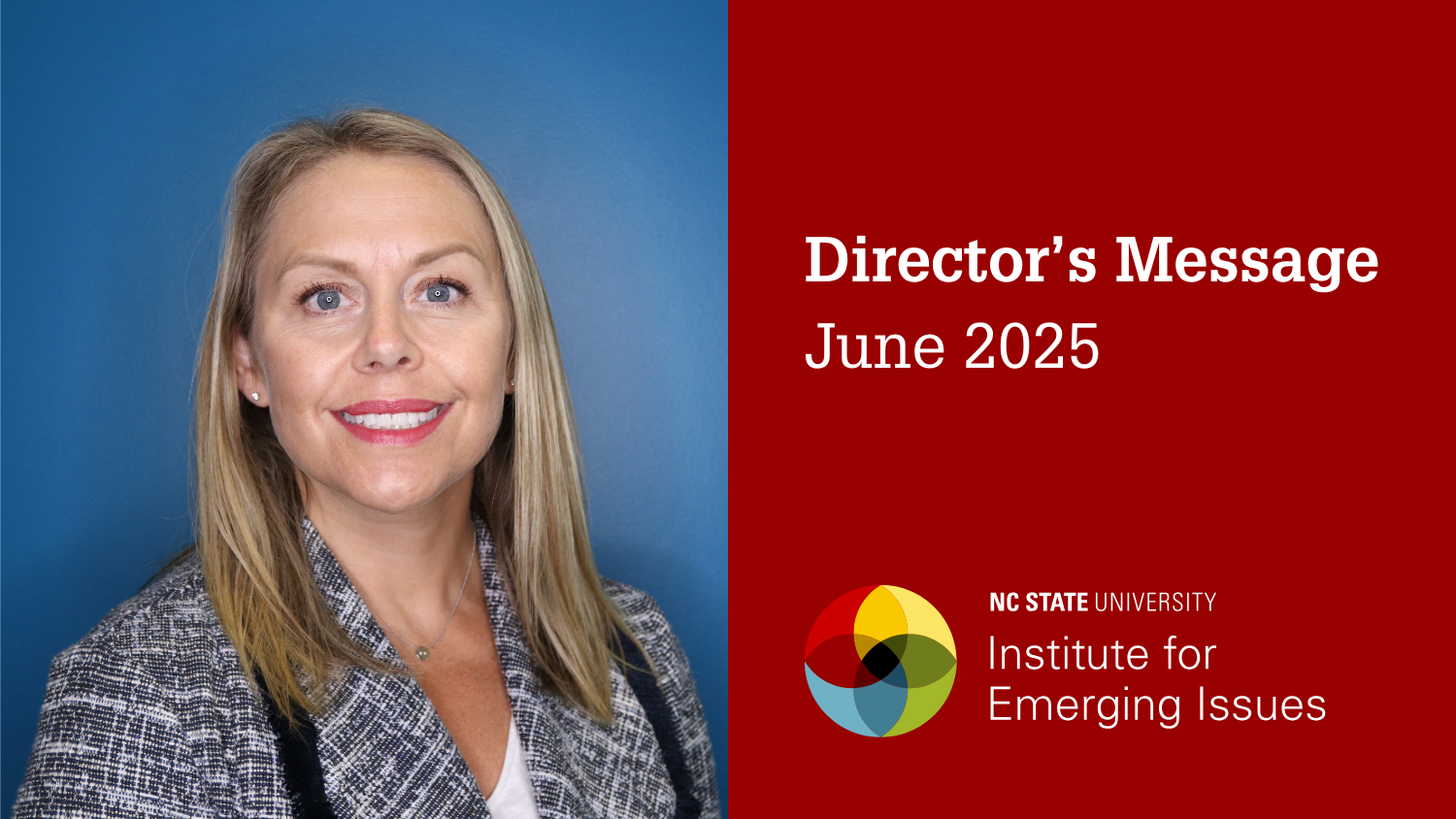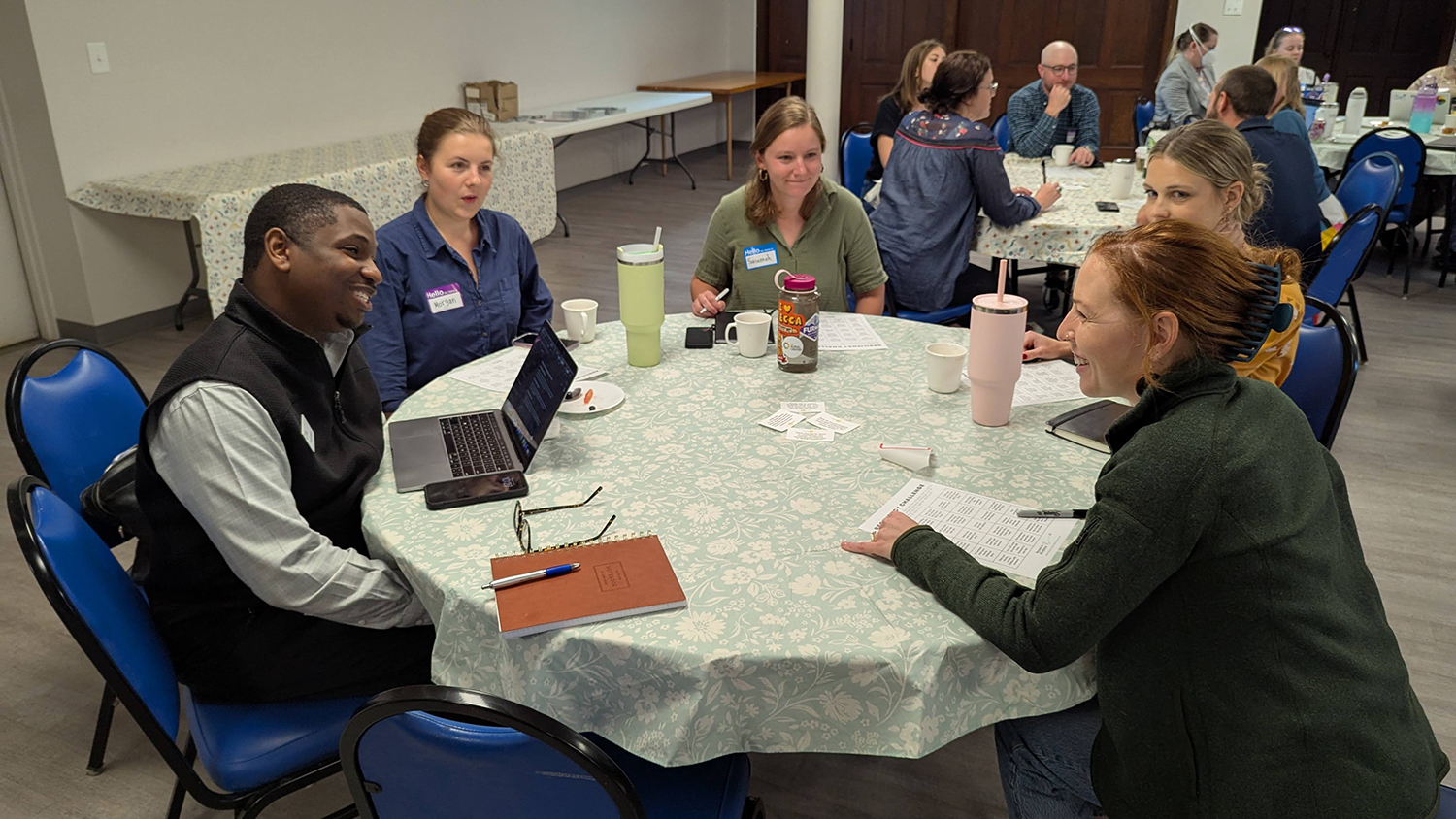How to Move Mountains to High Speed
While the public health crisis of COVID demands flexibility and workarounds, students who don’t have access to high speed broadband have been one of the biggest obstacles for school districts to provide equitable virtual education across North Carolina.
Teachers, administrators, parents, and siblings don’t have access. Some don’t have devices to log on. Others only have so much bandwidth or data. Everyone, regardless of skill level, will probably need some sort of technical support, training, or advice. The digital inclusion gurus say the goal is for everyone to be digitally skilled up with affordable access, the right devices, and appropriate support – to be self-sufficient, and self-reliant users.
However, the real deal is that everyone is overwhelmed.
In the mountains, groups of faith leaders, educators, and community leaders have been working together for over a year to help all kids in Haywood and Swain counties read on grade level by third grade. Not only have they been meeting regularly to understand opportunities and challenges, but they’ve been talking about their values, adjusting, praying, laughing, and acting together.
But everyone is ready to help.
As the school system lurches into indefinite virtual learning (at least through summer), faith leaders recently got together to ponder this question:
“How can our volunteers use this summer to learn how to support our school administrators, teachers, parents, and students?”
For Rev. Nicole Jones, pastor at Morning Star United Methodist Church in Canton, being a frequent volunteer with the Canton Reading Buddies program which pairs up students from Meadowbrook and North Canton Elementary Schools with community volunteers is a commitment she’d like to keep.
Additionally, the faith community missional network sponsors a weekly after school program that combines music (have you heard of the Orff method?) and crafts with literacy skills at Plains UMC. Like most after school programs, Plains C.A.R.Es, which has over fifteen volunteers from four local churches, stopped immediately when schools closed.
We also have the weekly after school program offered at Plains that utilizes the Orff Approach which “combines music, movement, drama, and speech into lessons…”
Figuring out how to support students means also adapting to virtual support. So Rev. Nicole and friends continue asking that question: “How can our volunteers use this summer to learn how to support our school administrators, teachers, parents, and students?”
And these questions:
“What programs do our teachers use that our volunteers and parents should learn to use?”
“How do we prioritize safety of kids meeting virtually with mentors?”
“How do we leverage the strengths of our rural community to make these changes and transitions easier?”
“If we learn how to support students, could what we learn help with future snow days?”
“How is all this screen time impacting our kids’ health in the long-term?”
“How do we make sure we aren’t overwhelming parents or educators with offers to help?”
The volunteers are ready, but the guidelines aren’t. No one knows what tomorrow will bring during this pandemic, and administrators and families are trying to progress while it feels like everything in society is falling apart.
So for now, this small group of faith leaders only have questions. The next steps aren’t clear, the timeline will fluctuate. But with their questions, they’ll keep building relationships they strengthened and deepened over the past 19 months. They believe their faith practices, tight knit, strong community, and passion for families will guide them to the next step—whatever that may be.
- Categories:


